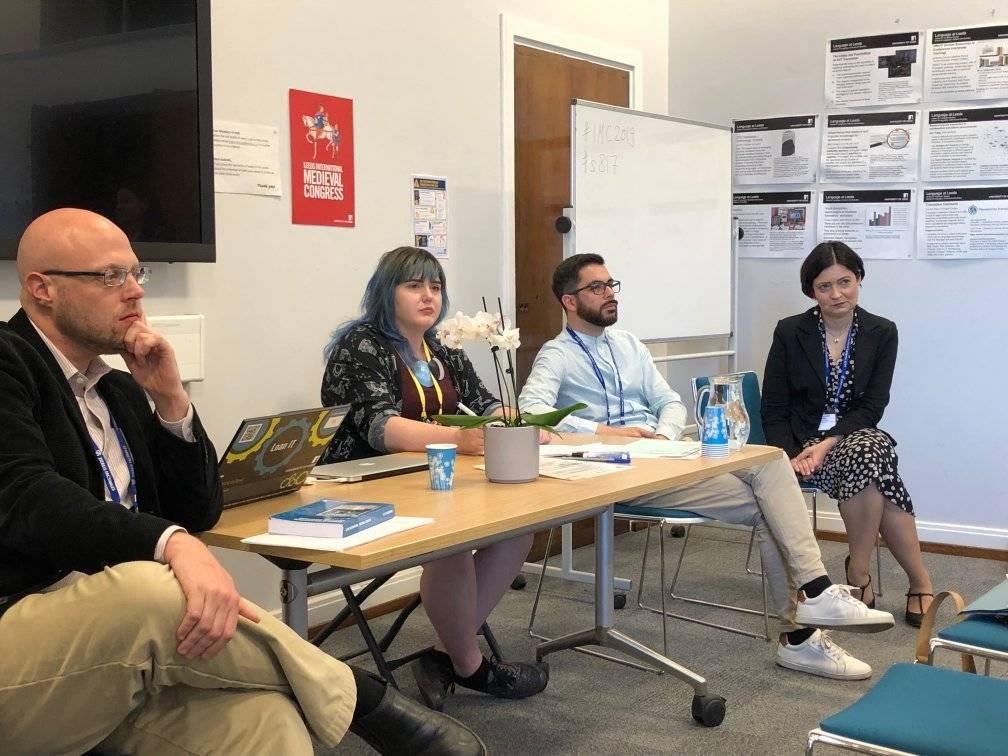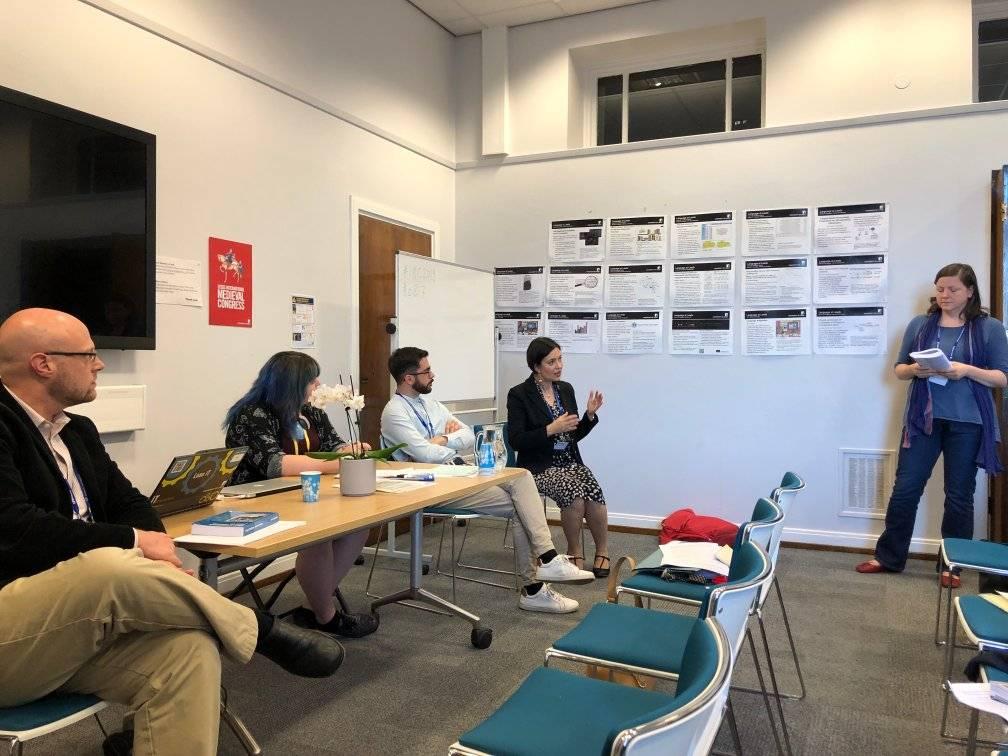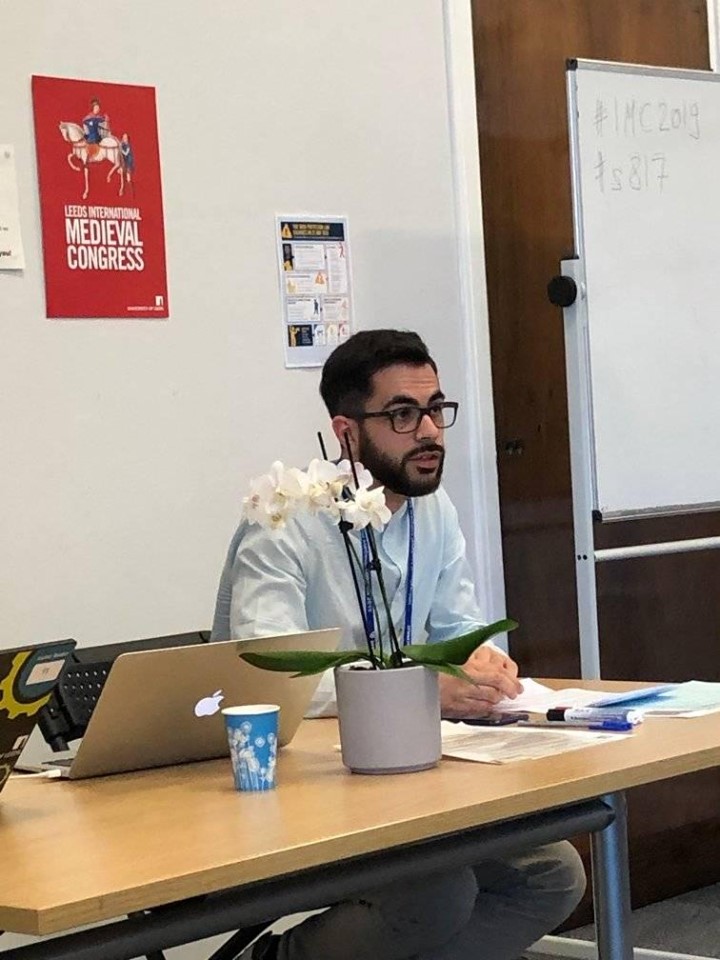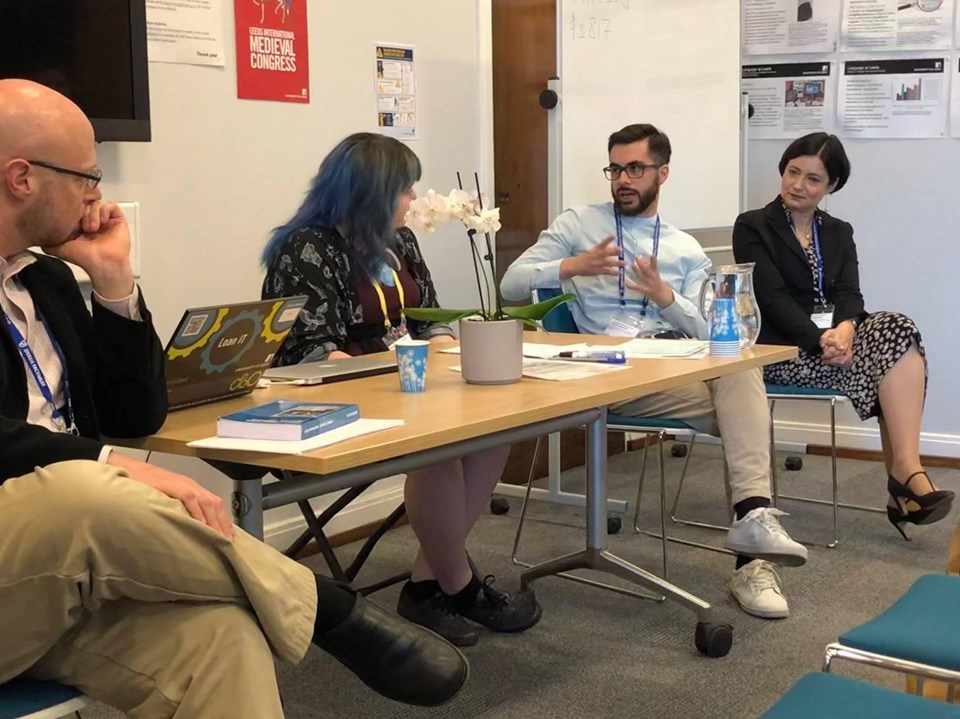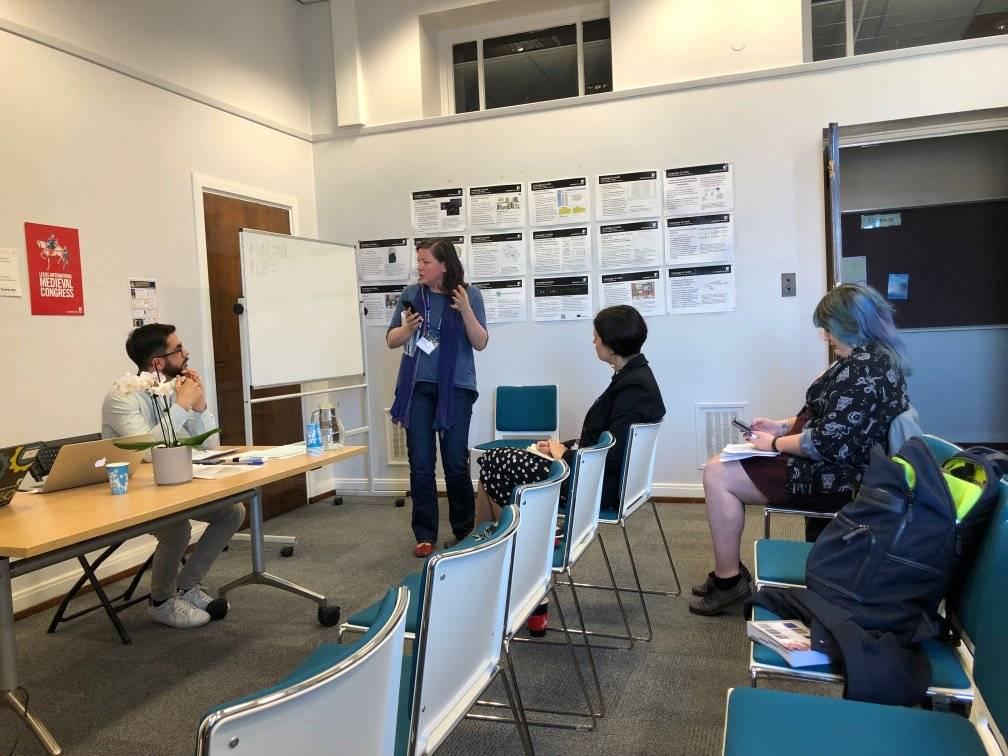At the International Medieval Congress 2019 in Leeds
Marco Papasidero is participating in the 2019 International Medieval Congress, which will take place in Leeds on July 1-4, 2019.
His talk, which will take place on Wednesday 3 July, within the session “The Monastic Dimension of Identity Politics: Hagiographical Rhetoric and the Construction of the Other, II“, entitled: The Furta Sacra Tales as Legitimations of Legitimation Monastic Communities in Medieval Europe.
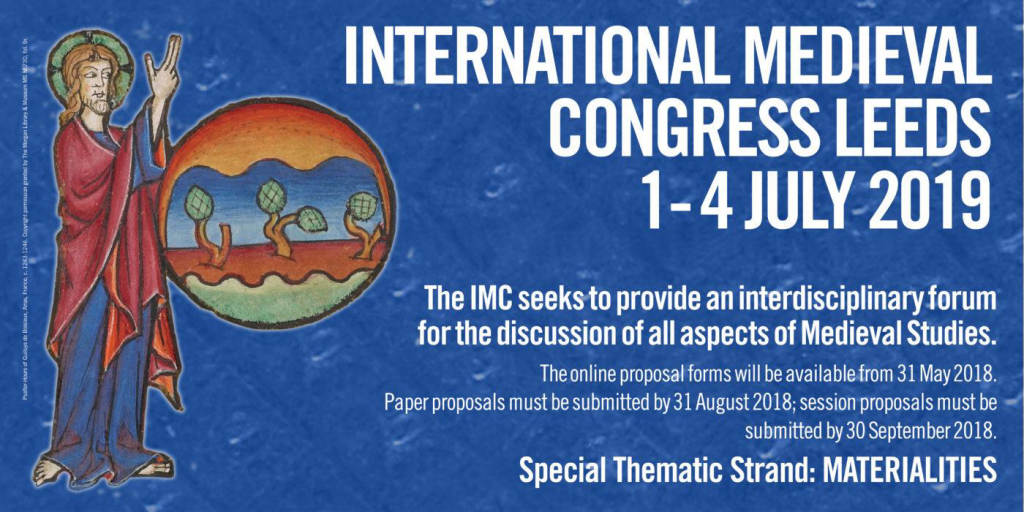
Here you can find the abstract of the whole session:
The aim of our session is to engage with the comparative approach of the empirical study of strategies for the construction of identity by members of ‘monastic’ communities, broadly constructed, across a plurality of religious traditions in the greater regions of pre-modern Europe and Asia. In particular, it seeks to understand how the production, distribution and reception of hagiographic material (written, visual, and in music) served as a tool for the implementation of ‘monastic’ dynamics of legitimation. Ultimately, the panel will expand our scholarly understanding of the cross-cultural processes that characterize religious communities’ notions of identity, further contributing also to the re-evaluation of our taxonomy as it challenges established notions of the categories ‘monk/monastic’ and ‘hagiography’. By bringing together scholars who work with the historical (material, textual) evidence of broadly understood monastic material in pre-modern Europe and Asia, together with scholars of religious studies we hope to bridge the gap between ’empirical’ and ‘theoretical’ that often limits discussion. This also includes the reflection over terminology that is intimately derivative of a European and Christian context. In order to provide space and engagement with the theoretical and terminological issues in each session we have provided formal responses that address themes from all the papers cross-comparatively.
Here you can find some moments from the session:
